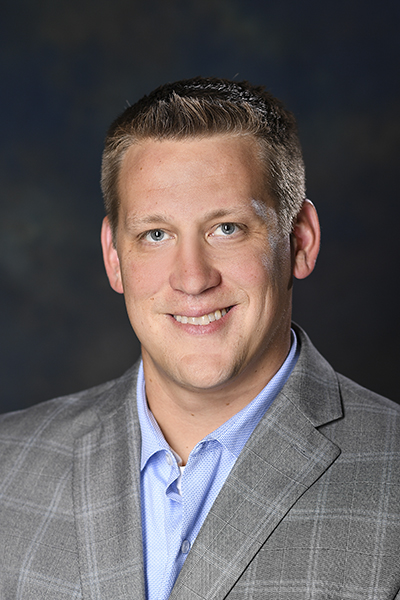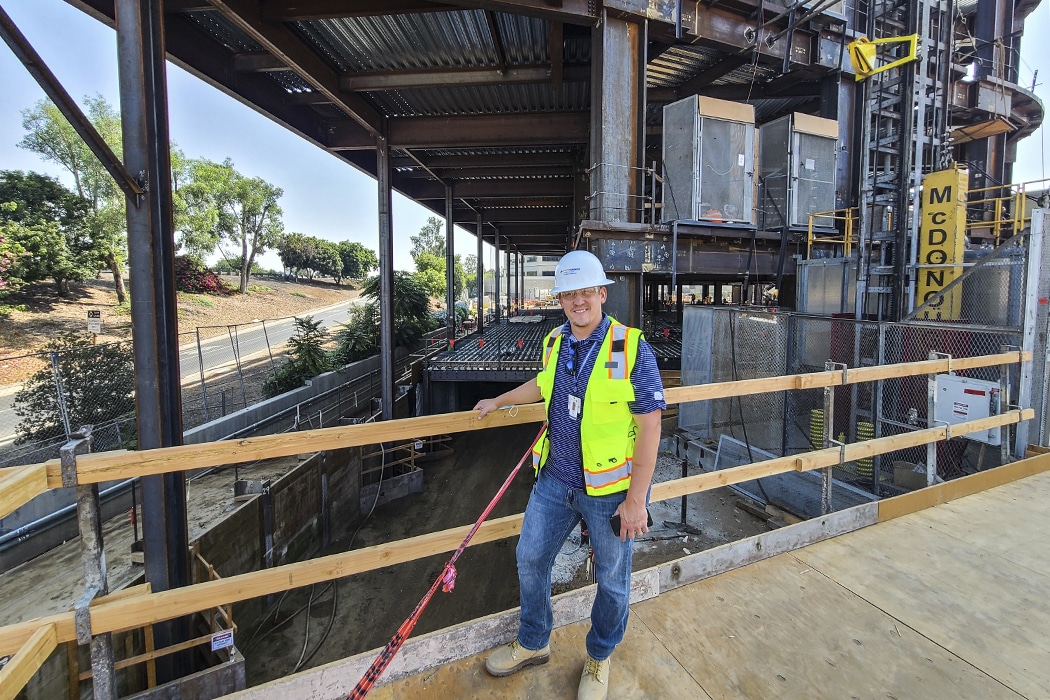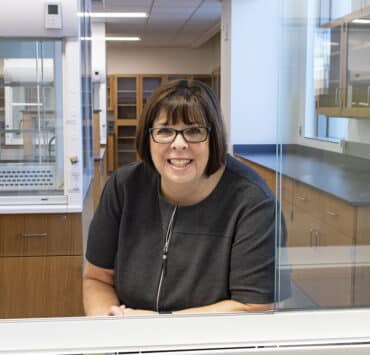|
Getting your Trinity Audio player ready...
|
It didn’t take long for Michael Siwek to fall in love with healthcare construction. After cutting his teeth in construction with the Concord Group, Siwek made his way into the healthcare field and never looked back. “It’s always challenging—probably one of the hardest sectors of construction, with all the rigor around operating,” he explains. “When you are renovating hospitals, you have to be creative to find ways of not interfering with staff and patients.”
A Midwest native, Siwek started his career in the Chicago and Milwaukee area, first at Concord and then at Berghammer Construction Corporation as senior project manager. When his wife found a career opportunity in Southern California, they decided to take the plunge and move their young family out west.

“It was a little daunting at first; we basically dropped out of the sky into Southern California. We didn’t know where our kids were going to go to school, or how the traffic patterns work, and how long it would take to get somewhere,” Siwek admits. “But we took a chance and rolled the dice.”
Before the move, Siwek looked into his own work opportunities in the area and found Providence Health & Services. The not-for-profit immediately proved itself to be an authentically welcoming and caring institution that made him feel confident that his work would serve a meaningful end. “What really drew me were the people and the mission they are living,” Siwek says. “It’s a faith-based organization so at the forefront of everything they are thinking about how they can care for their communities.”
Shortly after Siwek joined the team in 2016, Providence merged with St. Joseph to form Providence St. Joseph Health. Siwek quickly moved up in the ranks and now works as regional director of design and construction management.
Initially he managed the LA area, then recently doubled his oversight region when Orange County and High Desert were added to his jurisdiction. Siwek manages the construction and renovation of 11 different hospitals as well as the health clinics that are associated with them, which totals more than 300 facilities of varying sizes.
In addition, Siwek recently was given responsibility over one of Providence St. Joseph’s largest projects, which the organization is tackling in a partnership with Cedar Sinai Medical Center. The $650 million megaproject, Tarzana Cedar Sinai Medical Center Reimagined, will span nearly a decade by the time it is completed. “We’re completely renovating or rebuilding a majority of the campus,” Siwek says. “We have knocked down buildings and seismically upgraded other buildings. We have renovated large portions of floors and we’re building brand new buildings as well.”
Of course, all this work must be done while the facility remains operational. With COVID-19 in the mix, there is a plethora of logistical hurdles to jump through. “In the healthcare sector, we’re not just building—we’re trying to figure out how to build in a working environment that is trying to care for people and make people better. The challenge is to try to make that as invisible as possible to the patient and doctor experience,” Siwek says. He and his team need to constantly be ready to pivot if a medical situation calls for it.

Siwek’s construction team also uses the same on-site resources as the hospital. “We’re trying to utilize the same electrical system, the same hot water system, the same fire protection system as the rest of the hospital,” the director says. “We need to get creative so that we can make changes to that within our construction space without impacting the rest of the facility. So when we need to shut off the power, we need to do that without shutting off the top of the ICU.”
This level of care and detail is celebrated by Siwek’s partners in the project. “Pacific Ironclad is exceptionally proud of our work with Mike, the Providence St. Joseph Health, and Cedars Sinai team,” says Van Duong, principal of Pacific Ironclad Construction Management and Planning. “Mike’s leadership fosters an environment of collaboration, accountability, and excellence as we deliver one of the most challenging healthcare projects known. It is an honor to lead a build that will serve the community for decades to come.”
And Siwek’s efforts don’t end when the clock runs out. He also maintains a firm commitment to not letting his work overtake his family life. “I’ve never wanted to sacrifice my family as a part of that which isn’t easy to do in this world. So whether we’re having dinner or being part of their Little League team, it’s important to me to be available and present through those hours of the day,” Siwek says. “If it takes having to put something on hold and coming back at nine o’clock at night on my own time to catch up, I’m willing to do that.”
Like most people since the onset of COVID-19, Siwek has worked from home with the exception of his visits to work sites. He shares the “office” with his wife, who had been working from home since before the pandemic. While the lines between home life and work life are certainly more blurred, Siwek acknowledges that he now enjoys the ability to pivot between the two more easily. “It’s allowed me to be even more present with some of those activities with my kids because I’m not wasting time in traffic, and in the LA area, that’s a big deal,” Siwek points out. “There’s just more opportunity to spend quality time with my family, which ultimately makes me a better worker at the end of the day.”
The constant evolution of the healthcare construction sector keeps things interesting for the director, as does the knowledge that his work helps ensure that people are cared for. “The most valuable thing for me is at the end of the job, knowing who you get to turn the space over to—nurses, physicians, and other medical staff—are just genuinely happy to have a better space to work in.”


